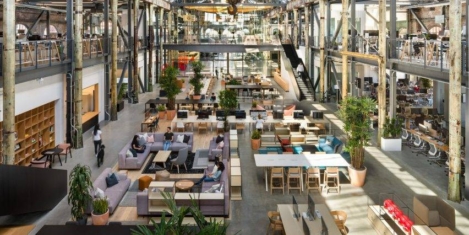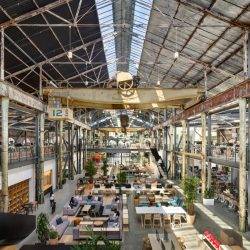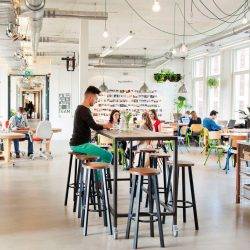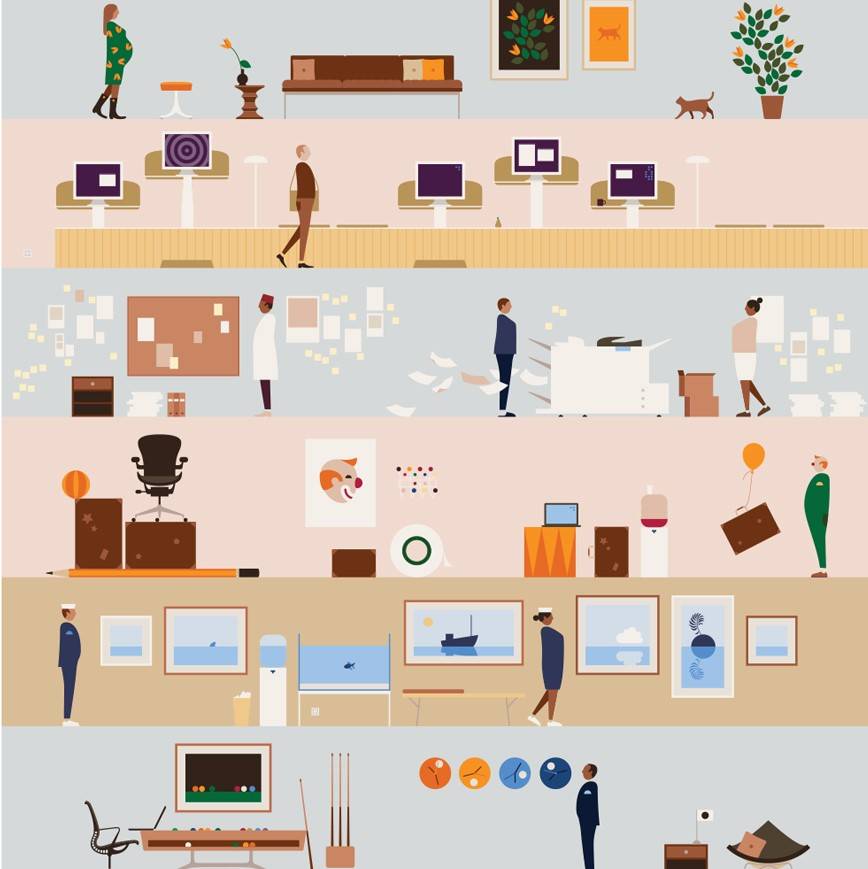July 11, 2019
Diversifying hiring practices to bridge the skills gap
 Talent scarcity and the skills gap have become very real concerns in the UK. We are currently in a period of high employment, and at the same time, uncertainty surrounding Brexit has caused a reduction in immigrant labour, reducing the talent pool further. For accountancy, the skills gap issue is even more acute because it is already an industry with a very limited talent pool. When asked to describe an accountant, it is likely that many of us would describe a very similar person. For a variety of reasons, accountancy as a profession attracts a very specific group – often male, university educated, usually from a Russell Group university. Hiring from such a small pool means that the squeeze on talent is even tighter in this sector. (more…)
Talent scarcity and the skills gap have become very real concerns in the UK. We are currently in a period of high employment, and at the same time, uncertainty surrounding Brexit has caused a reduction in immigrant labour, reducing the talent pool further. For accountancy, the skills gap issue is even more acute because it is already an industry with a very limited talent pool. When asked to describe an accountant, it is likely that many of us would describe a very similar person. For a variety of reasons, accountancy as a profession attracts a very specific group – often male, university educated, usually from a Russell Group university. Hiring from such a small pool means that the squeeze on talent is even tighter in this sector. (more…)























 Professional bragging rights were once the preserve of top earners. Those with massive salaries, huge bonuses, and in some cases, even bigger egos. Money equals success – technology has shifted that long held view. Today flexible working, in terms of hours, location and role, has become an embraced reality and chief workplace priority. Technology has blurred the lines between work and life. The new “digitally native” workforce now expect a flexibility and access in every aspect of their lives. More than ever, work is seen as an adventure which is to be explored, rather than accepted.
Professional bragging rights were once the preserve of top earners. Those with massive salaries, huge bonuses, and in some cases, even bigger egos. Money equals success – technology has shifted that long held view. Today flexible working, in terms of hours, location and role, has become an embraced reality and chief workplace priority. Technology has blurred the lines between work and life. The new “digitally native” workforce now expect a flexibility and access in every aspect of their lives. More than ever, work is seen as an adventure which is to be explored, rather than accepted. 












July 15, 2019
The importance of self care for mental health
by Christine Husbands • Comment, Wellbeing